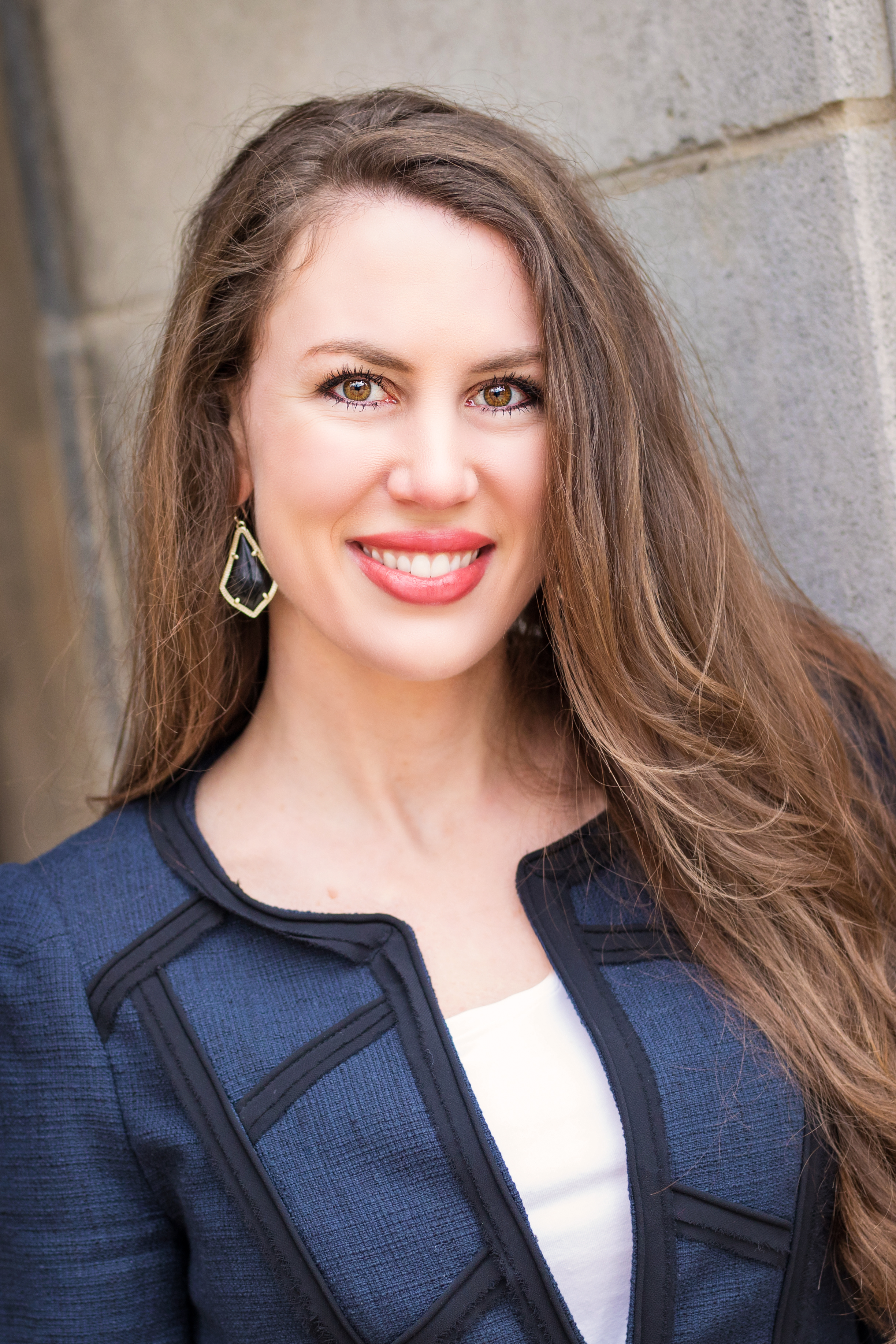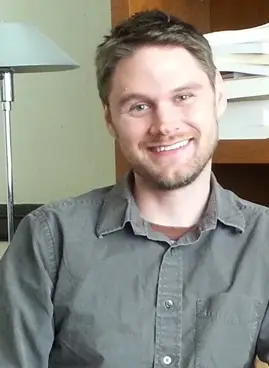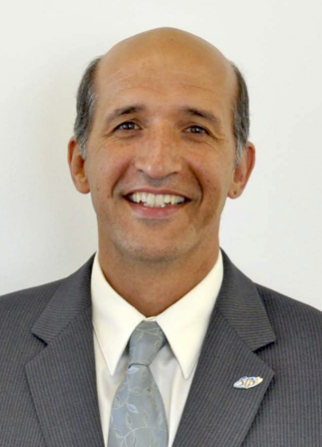SCP Engaging Advocacy Initiative Summary
The Engaging Advocacy Initiative was part of a larger set of initiatives proposed by the 2021 SCP President Mary O’Leary Wiley. She invited Jennifer Taylor ([email protected], left), Ryon McDermott ([email protected], middle), and Andrés Consoli ([email protected], right) to tri-chair it with Germán Cadenas ([email protected]) serving as a liaison/consultant. The Engaging Advocacy tri-chairs have worked on three primary initiatives: 1) advocacy training opportunities for Division 17 members, 2) innovative ways to engage in rapid response, broaden our leadership within Division 17, and capitalize on the expertise of our members, and 3) honing in on engaging advocacy at the international level. In August 2021, the committee presented some of their work at the APA convention and offered attendees concrete examples of advocacy actions that a panel of presenters have carried out within an SCP’s Presidential Initiative. This presentation also highlighted some of the important advocacy and engagement work that is already occurring in Division 17 – a primary goal for the initiative. In addition, the committee hosted an advocacy training initiative for Division 17 members that was offered virtually in the Summer 2021. Click here for day one and day two of a Federal Advocacy training co-hosted by the University of Utah’s Supporting Counseling Psychology Engagement (SCoPE) team and APA Advocacy! The videos also include a role play (in day 2) that involves counseling psychology advocates and a “Congressional staff member” to demystify the process and help viewers gain federal advocacy self-efficacy. The committee is in the process of developing a brief survey that will allow us to identify areas of expertise, diversify leadership within our division, and highlight the many talents, skills, and expertise of our members. SCP members will receive an invitation to participate in this short survey. When SCP needs to respond quickly to current events (such as the January 6th insurrection), we would like to quickly identify experts in those areas and invite them to contribute in ways that are meaningful to them, serve existing needs, and enable them to enhance their professional development and add to their CVs. When events happen that require rapid response, members identified in the survey will be invited to collaborate on a response (e.g., develop a short webinar, craft an op-ed, facilitate a one-hour community building processing session). The goal of this initiative is to go beyond developing rapid response statements to creating a meaningful impact in response to an issue at hand. The committee has also actively advocated at the international level, with a subcommittee tri-chaired by Shaznin Daruwalla (ICP Section), J. Robina Onwong’a (SAS), and Andrés Consoli (VP for International Affairs). These Tri-Chairs have met regularly and developed a three-pronged approach 1) advocate for support of the fruitful presence of international students and their considerable contribution in diversifying the experience of all counseling psychology students and their respective graduate programs; 2) advocate for the development and affirmation of immigration laws and policies that welcome international workers and facilitate the transition of international students into international workers in the US; 3) advocate for the transformation of the training in counseling psychology from a neocolonizing curriculum and vertical structure to decolonizing and horizontal ones that are affirmative of BLM and decisively antiracist, properly imbued and infused of scholars from majority countries (a preferred term over developing world, global south, or third world). In addition, the Engaging Advocacy Committee has worked closely with Germán Cadenas to liaison with prior initiatives that are closely related to the Engaging Advocacy Committee. Lastly, Mary O’Leary Wiley, Candice Hargons, Germán Cadenas, and Jennifer Taylor met shortly after the Executive Order banning anti-racist and anti-sexist education and training was enacted to discuss ways SCP might respond. Shortly after that meeting, Germán Cadenas and Jennifer Taylor facilitated discussions among SCP members in October 2020 and early December 2020 to respond to the Executive Order. Four subgroups were developed as a result: 1) Community Organizing/Healing Spaces/Resistance Strategies (co-chairs: Deja Fitzgerald and Madeline Brodt), 2) Consciousness Raising (chair: Joe Hammer), 3) Collaborative Advocacy/Advocacy Training (chair: Lisa De La Rue), and 4) Legal Guidance (co-chairs: Germán Cadenas and Jennifer Taylor). On 12/22/20, a preliminary injunction prohibited the Office of Federal Contract Compliance Programs from implementing, enforcing, or effectuating the Executive Order 13950. Because action is no longer being taken from the federal government on this Executive Order, members of the Executive Order Response Group were recently invited to join forces within the broader Engaging Advocacy Presidential Initiative on complimentary advocacy initiatives. |




